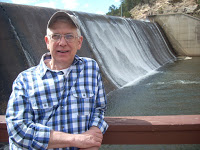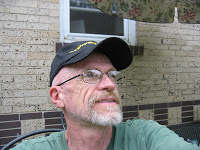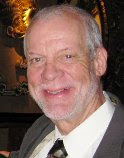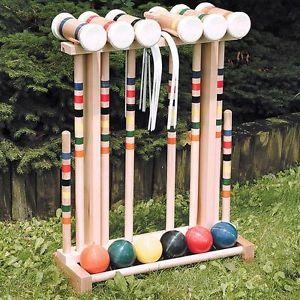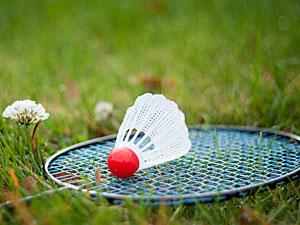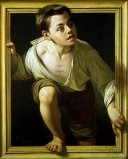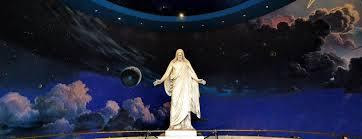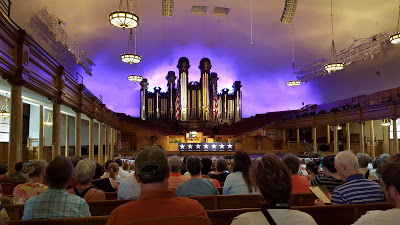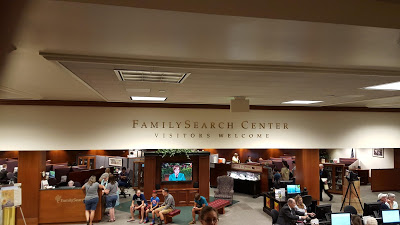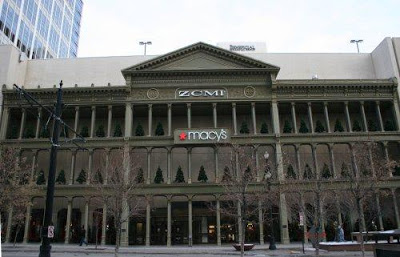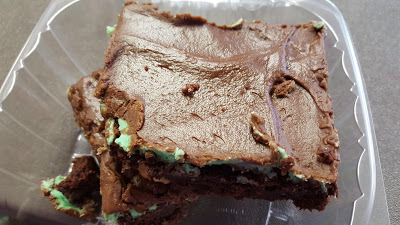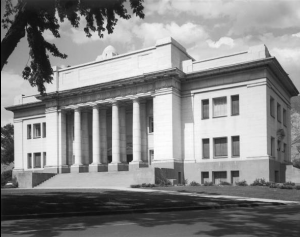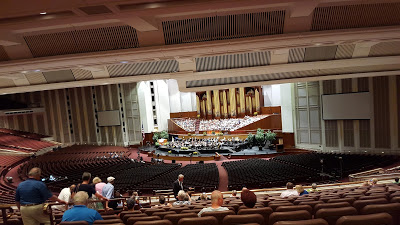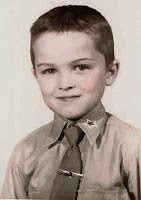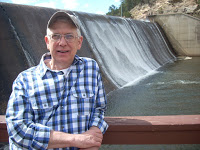So many years of schooling
So many books to read
So many papers to write
So many exams to take and pass
So many programs to plan
So many choirs with anthems to know
So many sessions to prepare
So many hymns and responses
So many family things to do
So many trips to plan
So many changes to embrace
So many needs to understand
I had learned to make all these preparations for school and work and family, but nothing prepared me for being gay. One would think with so many institutions and people in my life I’d have been prepared. Education? Church? Parents? No help anywhere. The man who sexually molested me said I wouldn’t have to masturbate after I got married; even homo-he didn’t have a clue!
My parents told me nothing. I don’t know what they even knew about homosexuality let alone transgender and intersex, but I suppose my dad knew something given his over-emotional reaction when one of my sisters pointed at a guy we passed on the street and said, “He’s a queer.” Well I guess I did learn something from the event: watch what you say around your parents. But I had already learned that from years in school and church and as a result already sported three English vocabularies appropriate to various settings.
I don’t know how old I was when the queer word was spoken although I’d heard its old-fashioned usage as odd like my grandmother said and I had heard it in its pejorative use in school—well on the playground there. But the truth of the word’s meaning was obscured by silence and anger. What did I imagine? I don’t know. I was probably a sixth grader at the time.
Norms of behavior were taught everywhere. Fortunately for me, my family accepted, affirmed, and tolerated unusual persons, but their conditions were like being uneducated, of another race, from another country, in a less than honorable profession, developmentally challenged, blind, crippled, or of different religious commitments. There were no GLBT persons. The guy who my sister called queer was developmentally disabled, the second child of a family living in poverty. Who knows if he was actually homosexual or not? Perhaps he was. I never heard anything about it. The two developmentally challenged boys from that family were called any number of things, but my dad gave them rides home from church and treated them with respect.
My only preparation for my inevitable encounter with GLBT folk or culture was to emulate my parents: to be kind, to “do unto others” as the phrase goes. In my case it was also to discover that even though I generally fit in well with my peers, I myself was other. Eventually I realized my only real preparation for gay life was to love myself, to do unto myself as I had been taught to value and love the others.
Hebrew tradition explicated in ancient documents how to treat strangers within the community. The code was based on the notion—really an ethnic memory—that we were once strangers. Thus we treat others like we wish we had been treated. It’s a powerful image for social reform, one I didn’t hear a breath of in the first presidential candidate debate the other night although I heard lots of religious posturing and self-righteousness. From the point of view of being an outsider, this treatment of strangers serves as the fulcrum of ethics—at least for me.
I wonder what would have happened when my sister said queer about the kid if I had piped up and said, “So am I.” I didn’t say anything and nothing happen, but I did learn the major lesson that prepared me to successfully live a gay life: keep your ears open to language and feelings, both blatant and nuanced. It is a lesson of safety and eventually of self acceptance.
I’m pleased I came from a family that did not harbor many fears, thus my ability to appreciate and embrace others different than I and especially those different like I am different, and just as important I learned to clarify that difference within me. Lucky me, to have learned a use of an ancient and religious value that opened me to love rather than to judge others and myself.© Denver, 10 August 2015
About the Author
He also blogs at artandmorebyphilhoyle.blogspot
